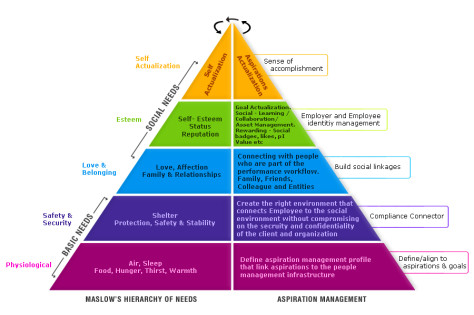I began the morning today reading Larry Cuban’s interesting comparison of the ideological differences of some teachers that use and don’t use Class Dojo. 1 In his post, Cuban discusses the intrinsic and extrinsic motivations students have for behaving the way they do, and cites a Lepper, Sethi, Dialdin, and Drake study (1997) that offers interesting insight in its culmination (see pages 44-45):
We come to learn to do things not only because they are fun or likely to lead to some immediate payoff, but because we have come to believe that we “ought” to do them, either to facilitate our own long-term goals (i.e., because it would be “good for” us) or to follow the norms of the group or the situation in which we find ourselves (i.e., because it seems the “right” thing to do).
I have struggled lately with the balance between intrinsic and extrinsic motivation, and can empathize with the value inherent to both. While there’s something to the accountability and measurability of extrinsic motivators, lasting change seems most common when rising from within. Alas, one of the original, pure struggles of teaching (and of managing teachers of teachers).
In a fit of interesting irony this morning, I immediately thereafter read Class Dojo’s announcement that they (we?) had reached an exciting milestone:
As of February 14th, 2014, teachers have given students over 1 billion pieces of feedback on ClassDojo. That’s 1,000,000,000 moments when teachers have recognized students for doing something wonderful!
Is this something teachers should celebrate? Absolutely. Schools would be far brighter places if more successes were recognized and celebrated than failures. PBIS, for the win. 2
